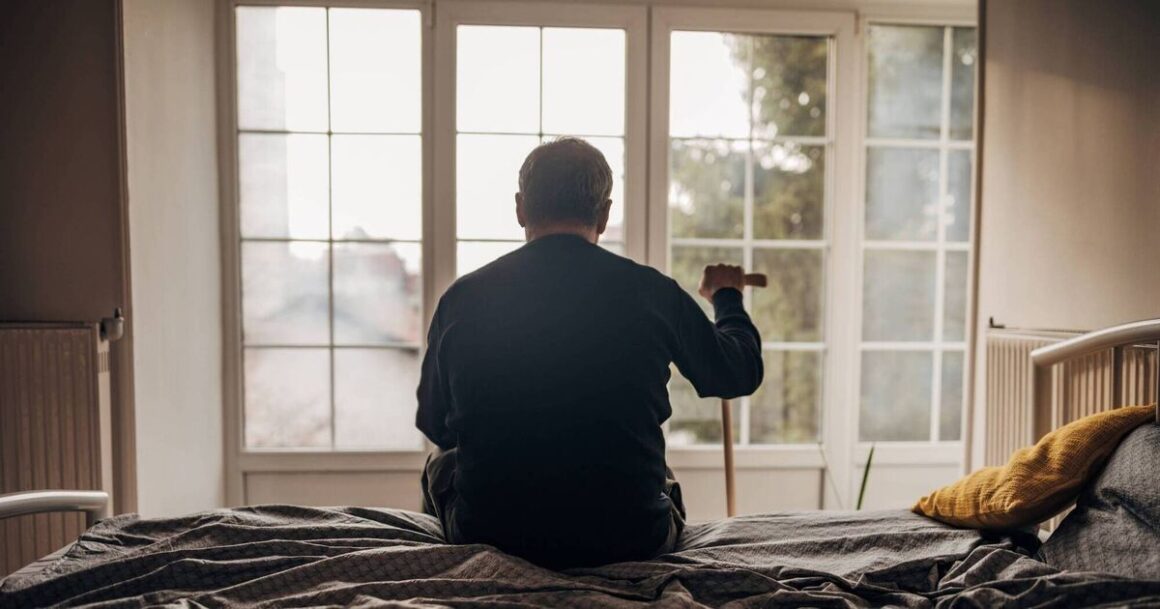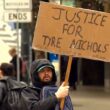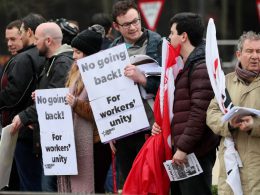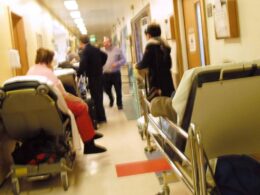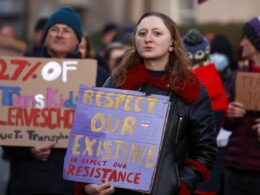By Finghín Kelly
This week has seen the revelations that successive governments since at least 2009 have prepared aggressive legal strategies to deny some of the most vulnerable people in society their legal entitlements to nursing home care.
Documents reveal that successive senior ministers from Fine Gael, Fianna Fáil and Labour were briefed and aware that the state was potentially liable to compensate some elderly people who needed nursing home care but were pushed into the private sector due to a shortage in public places.
A rotten swindle
These elderly people had very few financial resources, they were on medical cards, and therefore had very low incomes and little savings. Many faced the stark choice of going without essential care or relying on family members to pay large sums, some even having to sell or remortgage their homes to meet the bills. One case saw a family fork out €120,000 over a period of nine years.
Revelation after revelation in the last week has exposed how successive senior ministers were well aware of this practice. Various former health ministers such as Michael Martin, Leo Varadkar and Labour’s Brendan Howlin have stated that their memories were fuzzy about this practice, pointing to piles of memos and documents that pass over their desks – essentially trying to avoid responsibility and put sole blame on senior civil servants. However, this does not stand up to scrutiny. For example, the latest revelations show that in 2017 Simon Harris and Helen McEntee, as Health and Justice ministers at the time, were aware of it and were reported to have ‘confirmed’ the strategy.
Cynicism of the state
The revelations show that there was an acknowledgement that the State was likely to lose any legal case. In a cynical move, they devised strategies to stop the full facts from emerging. This involved paying last minute out of court settlements in order to keep the facts from the wider public. This meant that only those with the resources to take the State to court could get some form of compensation, while thousands were kept in the dark. They cynically exploited the inbuilt inequality in the legal system to exclude the most vulnerable from payments they were due.
Varadkar and Martin in the Dáil this week, as well as claiming ignorance, also fundamentally defended the practice of denying people payment for nursing homes. They stated that they need to defend the ‘taxpayer’ and the ‘public finances’, and that the legislation does not give a right to private nursing home care. This is a rotten defence. Essentially, they are saying that providing people with the nursing home care that they need will cost money, and that they are unwilling to pay for it.
Low tax regime for the super-rich
De facto it is a defence of a tax regime that leaves the super wealthy taxed minimally while the vital public services that vulnerable people rely on are denied to them. They also fall back on the defence that the 1970 legislation does not give a legal right to care so their hands are tied. Of course, forgetting that their parties have been in power for 53 years since this Act was passed, and could have easily changed that at any point!
This week also saw the government push through a Bill in the Dáil that would deny approximately 40% of survivors of the Mother and Baby homes access to redress.
There has also been revelations that people with disabilities who qualified for the welfare payments were not paid those payments if they were housed in institutions despite being legally entitled to those payments.
This is all just a short time after the state pursued victims of the cervical check scandal through the courts despite being profoundly ill.
Systemic injustices
All this shows in a stark way the cruel and callous culture in the capitalist political establishment, including Fianna Fáil, Fine Gael and Labour Ministers, backed up by a cohort of legal experts and top civil servants.
Socialists stand for a complete break with this approach and the system that produces it. High-quality health care and public services should be seen as a basic right and be provided for all. A single-tier public health system would be well funded and provided free at the point of use ‘from the cradle to the grave’. Profiteering from ill health would be a thing of the past.
Such a system would provide peace of mind and financial security to all those in need of nursing home or other care, nobody would be forced into financial hardship or have to engage in legal battles to have these rights vindicated.





